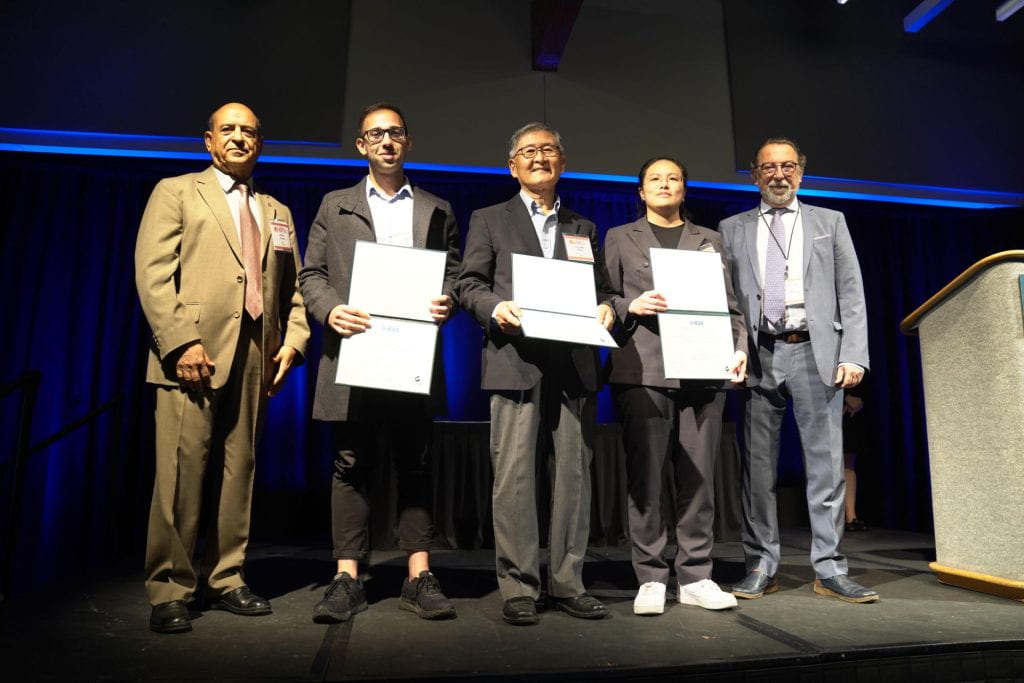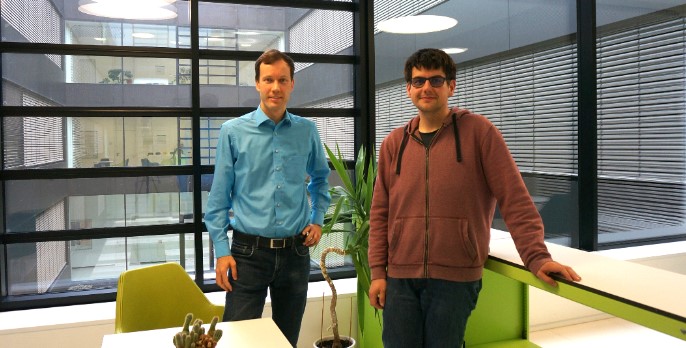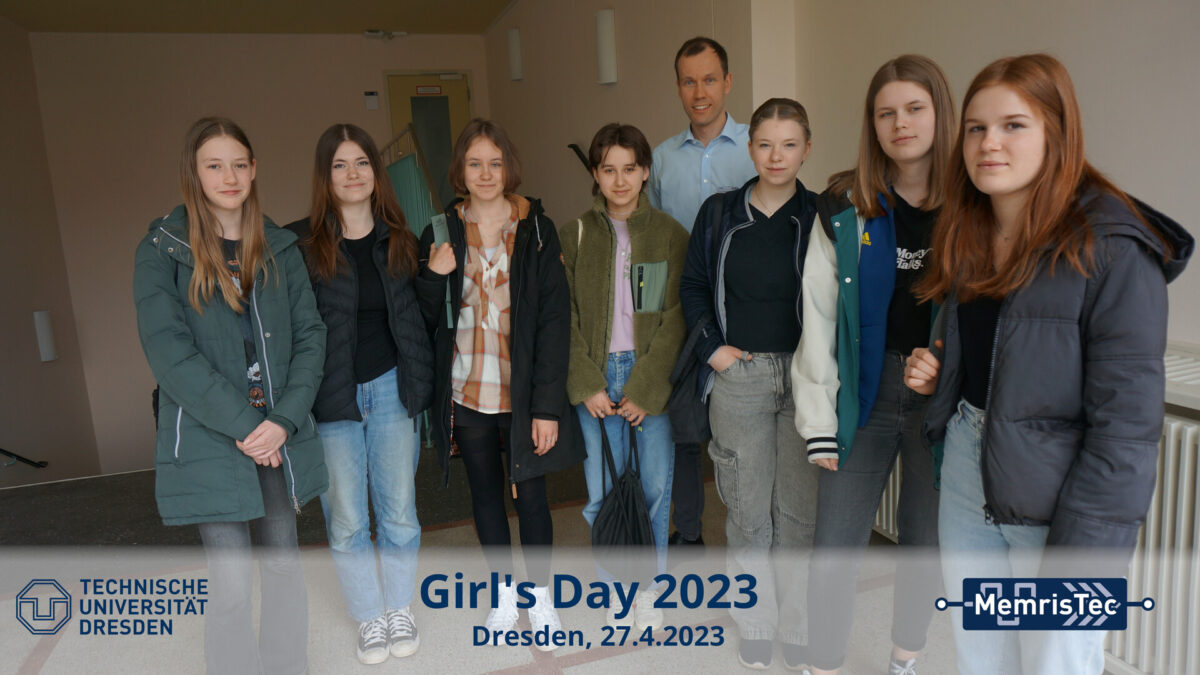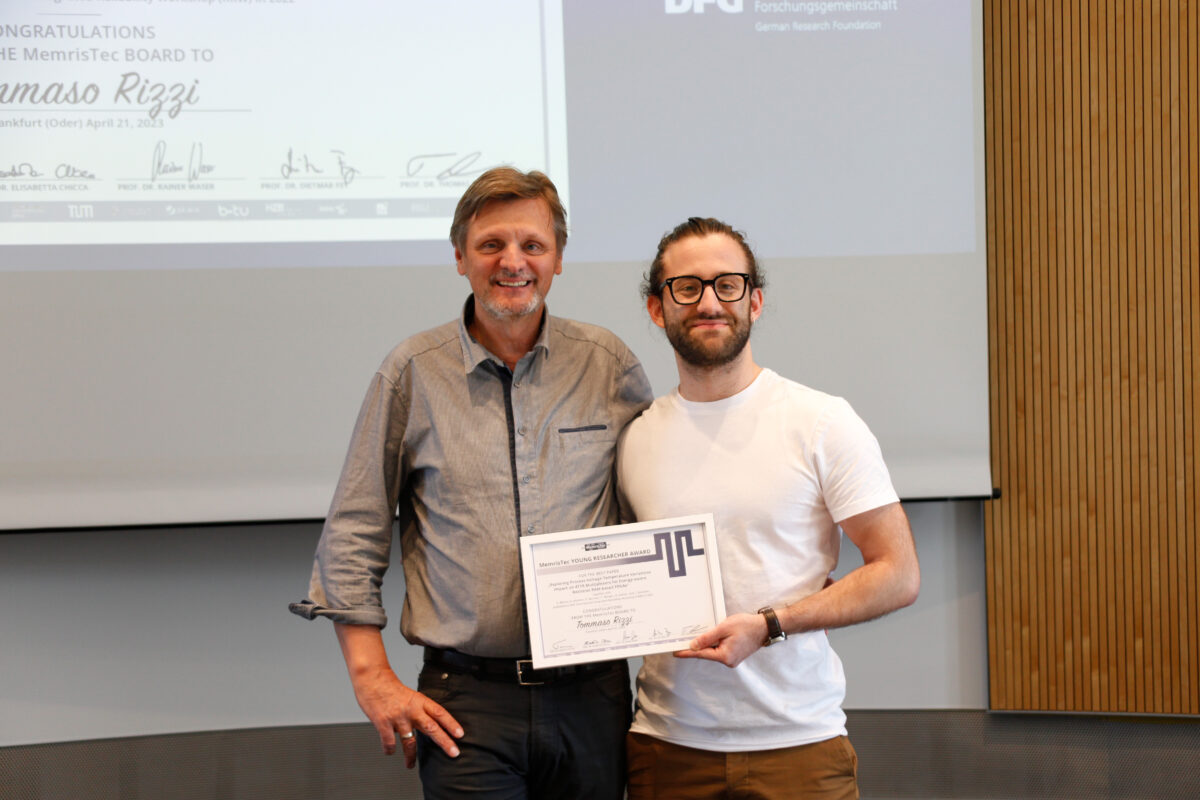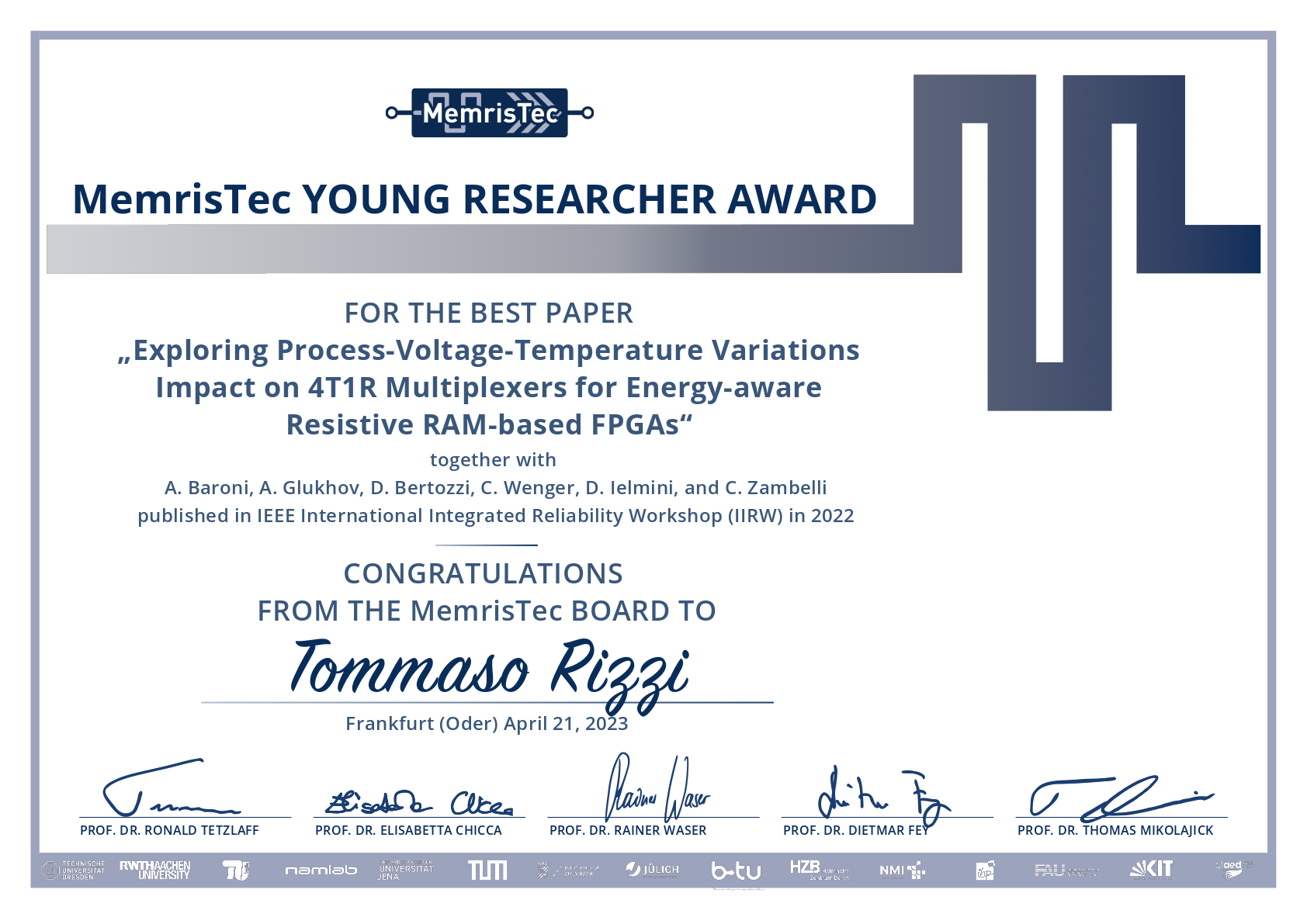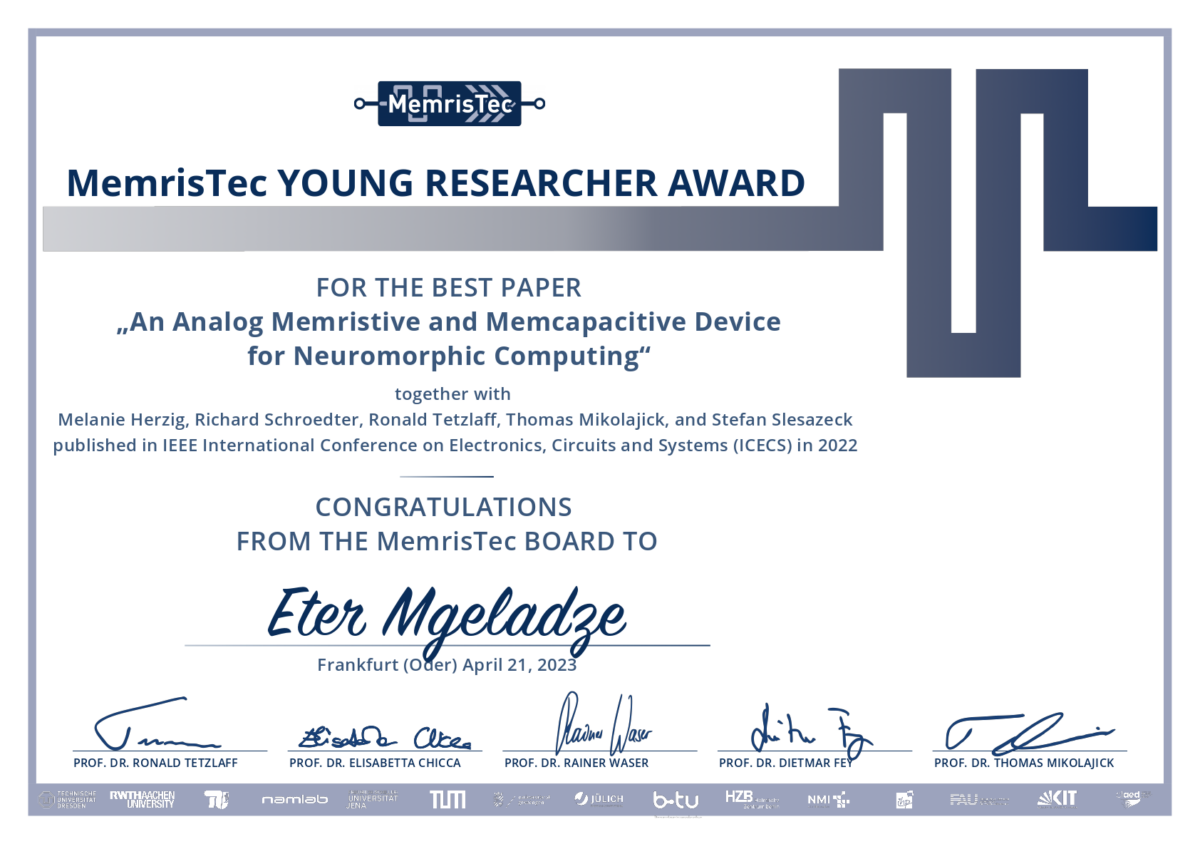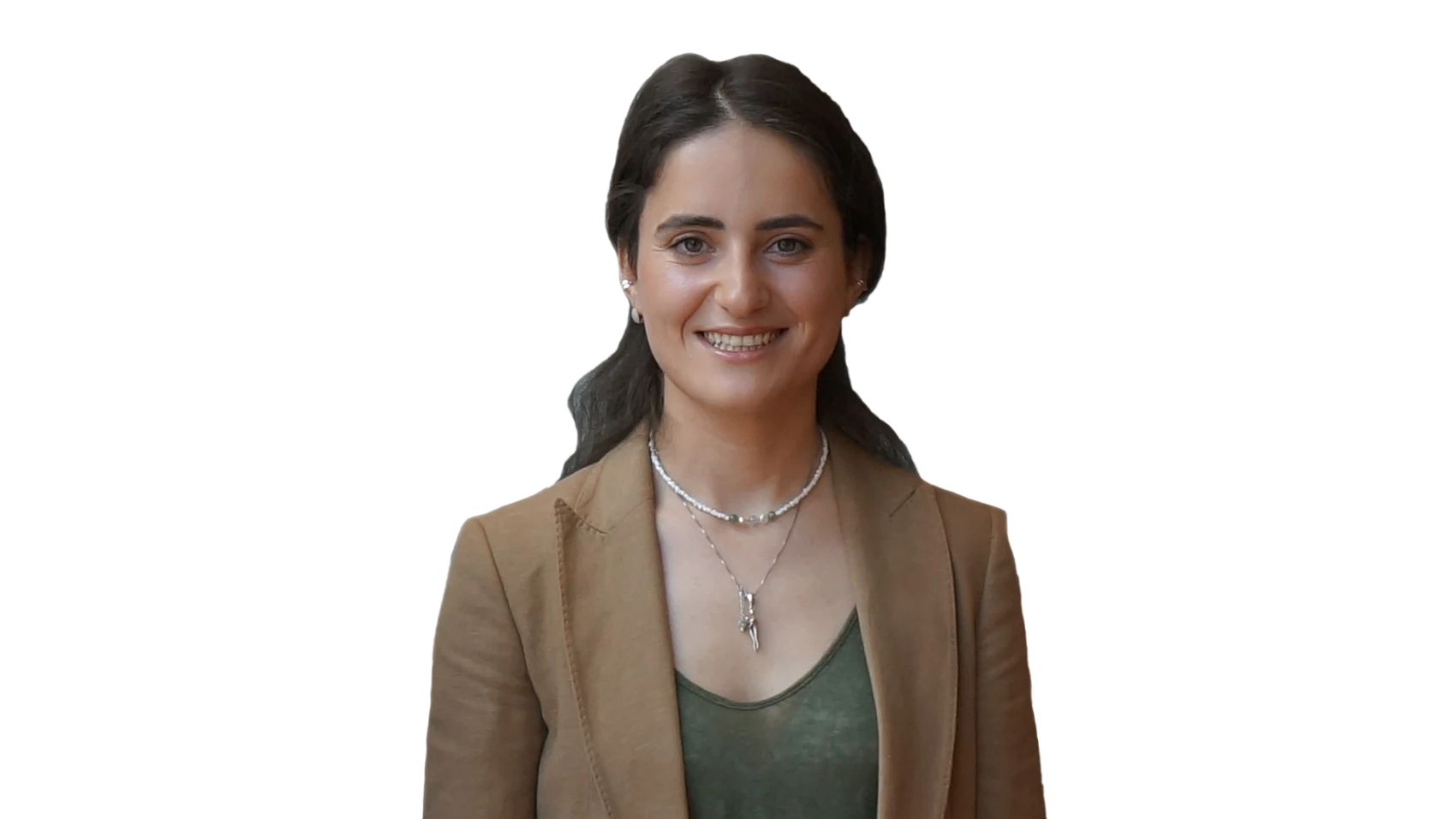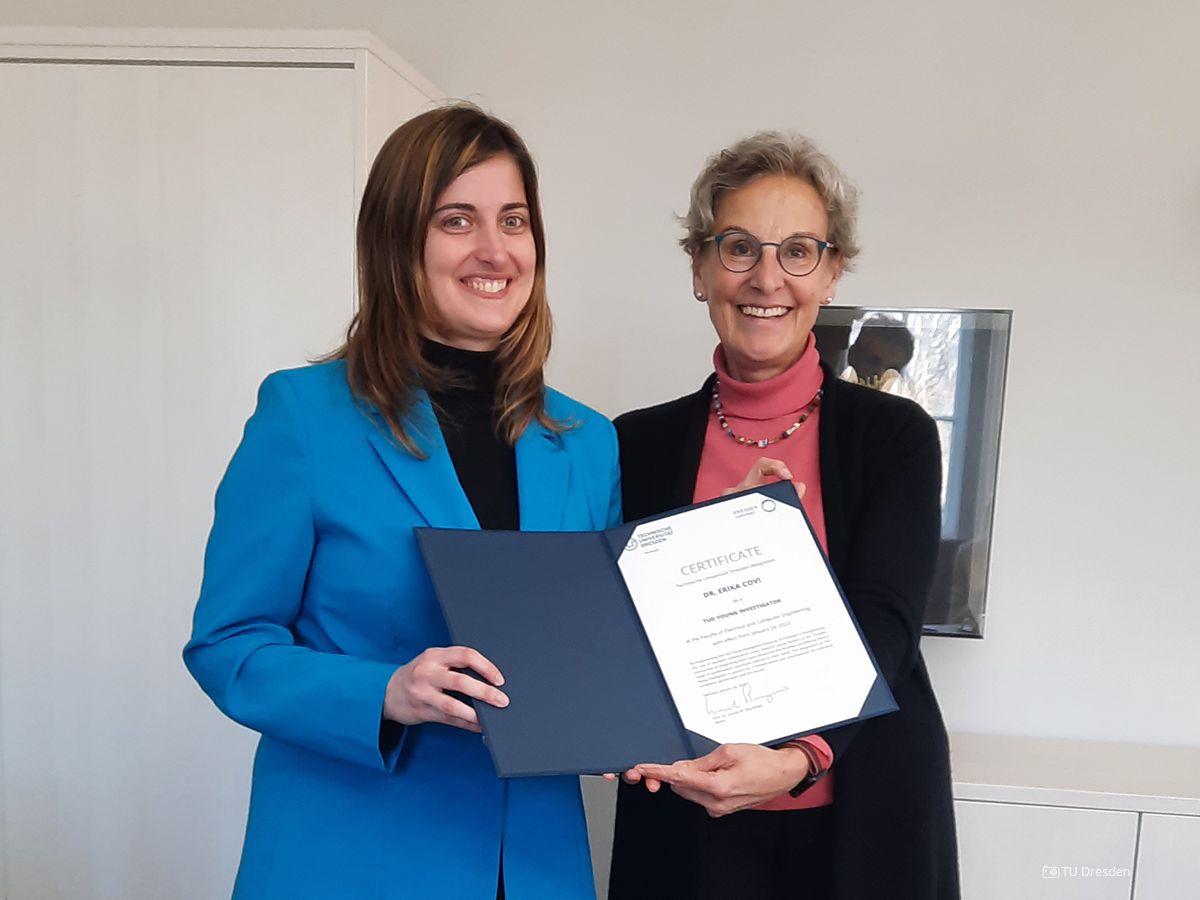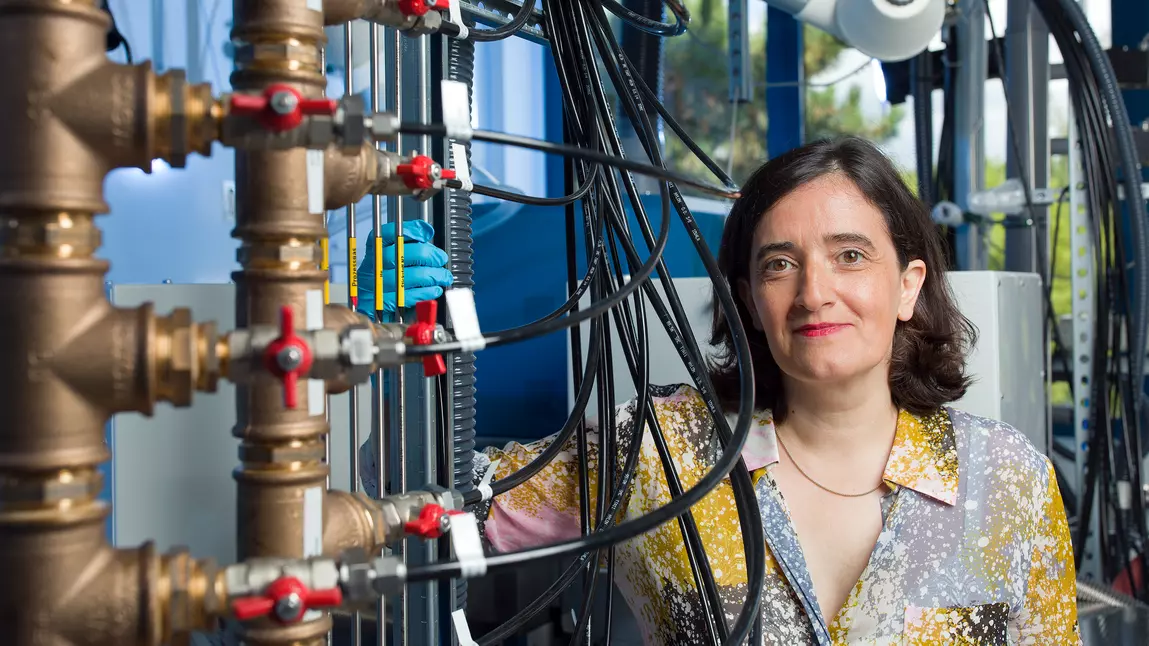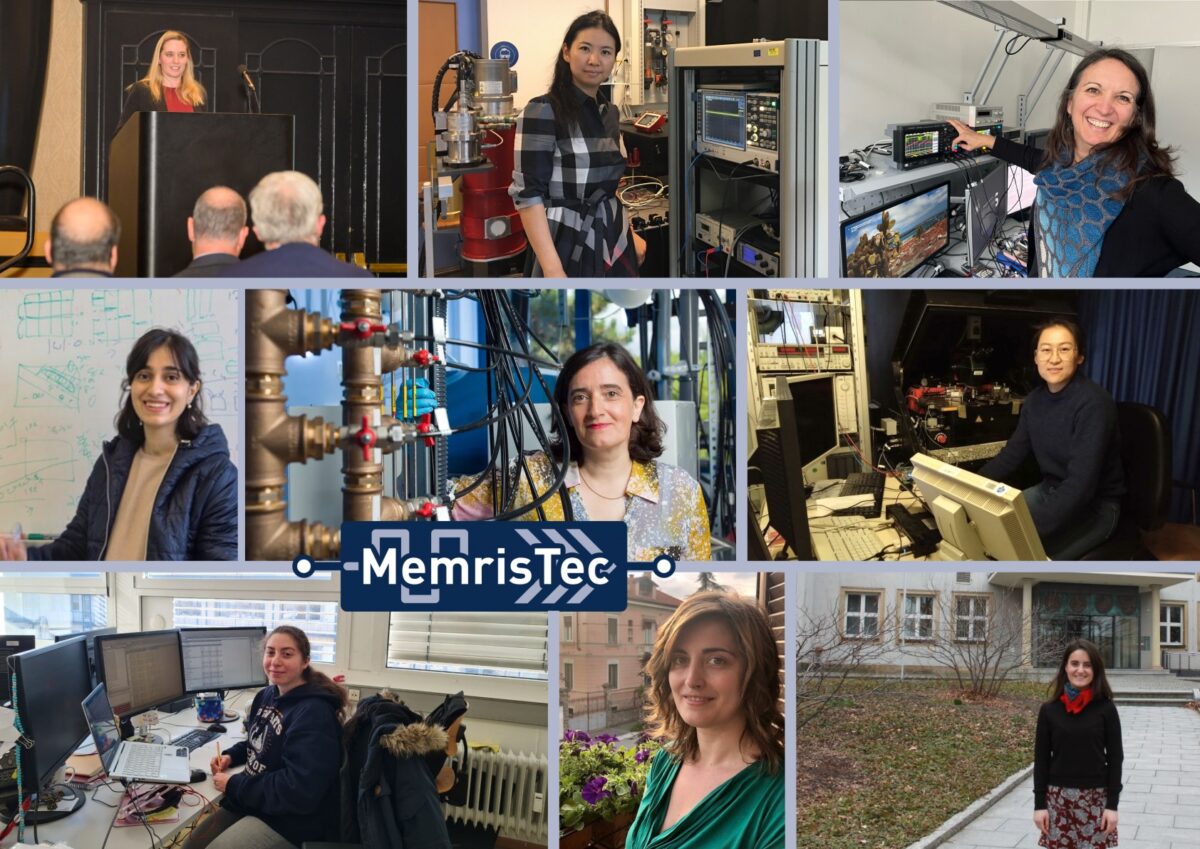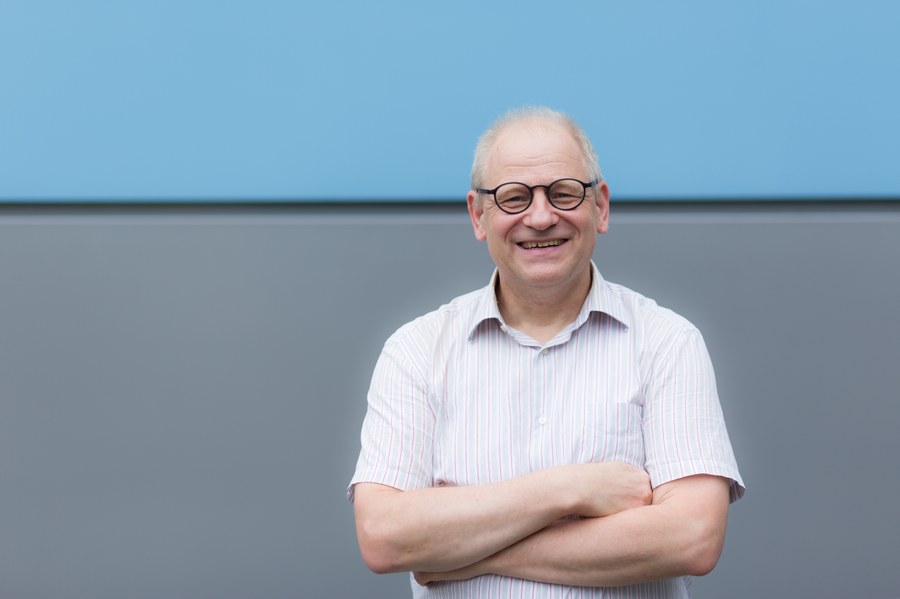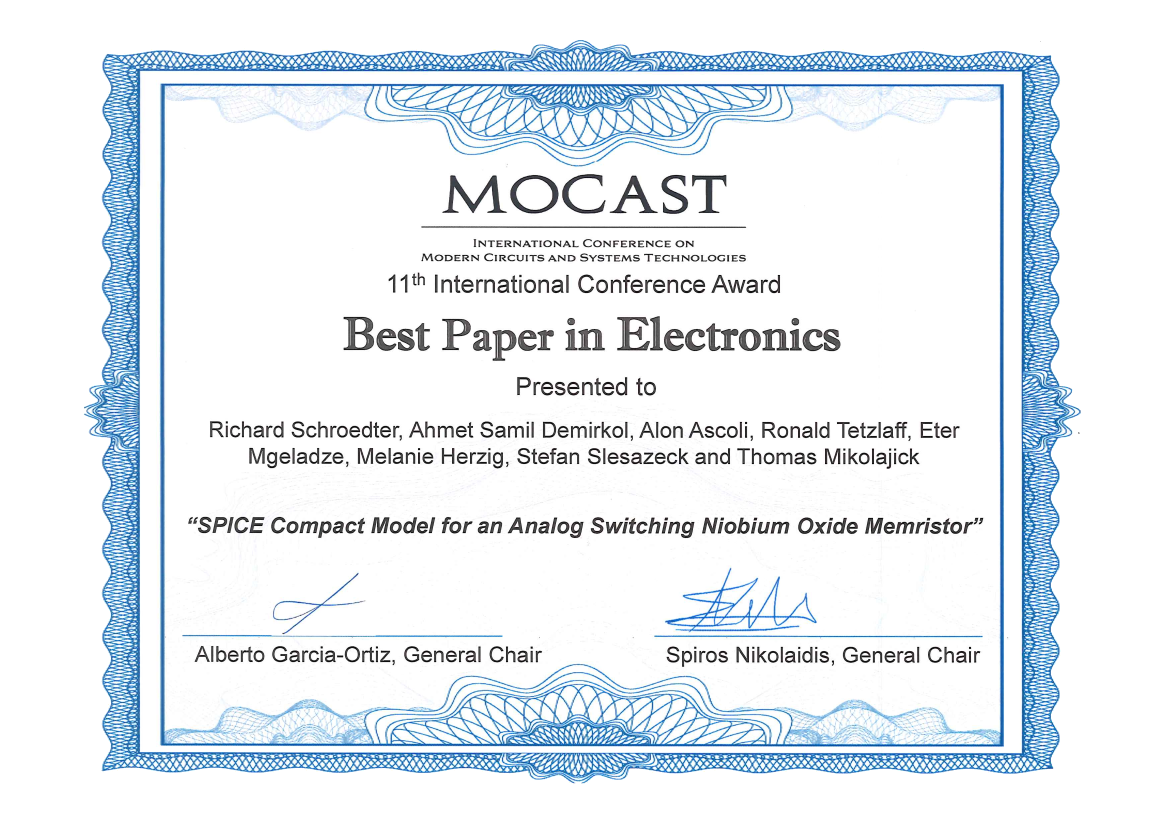The prestigious IEEE Transactions on Circuits and Systems Darlington Best Paper Award has been granted to the research paper titled “How to Build a Memristive Integrate-and-Fire Model for Spiking Neuronal Signal Generation“. The paper, authored by Sung Mo Kang, Donguk Choi, Jason K Eshraghian, Peng Zhou, Jieun Kim, Bai-Sun Kong, Xiaojian Zhu, Ahmet Samil Demirkol, Alon Ascoli, Ronald Tetzlaff, Wei D Lu, and Leon O Chua, presents two compact memristive models for generating spiking neuronal signals using readily available low-cost components. The first neuron model introduced in the paper is called the Memristive Integrate and Fire (MIF) model. It enables neuronal signaling by utilizing two voltage levels: the spike-peak and the rest-potential. The second model presented was MIF2, which goes a step further by incorporating a third refractory voltage level during hyperpolarization, thereby promoting local adaptation.
One of the significant implications of this research is the potential design of a memristive solid-state brain with an estimation of its surface area and power consumption. This breakthrough is expected to encourage further experimental demonstrations of memristive circuits, paving the way for more accessible and cost-effective implementations. Analytical projections indicate that a memristive solid-state brain could be achieved within the surface area and volume equivalent to the median human brain.
The recognition of this outstanding research with the IEEE Transactions on Circuits and Systems Darlington Best Paper Award underscores its importance and impact on the field. The authors’ contribution to advancing the understanding and practical application of memristive circuits is commendable, and their work is expected to inspire further breakthroughs in the field of neuroscience and neuromorphic engineering.

